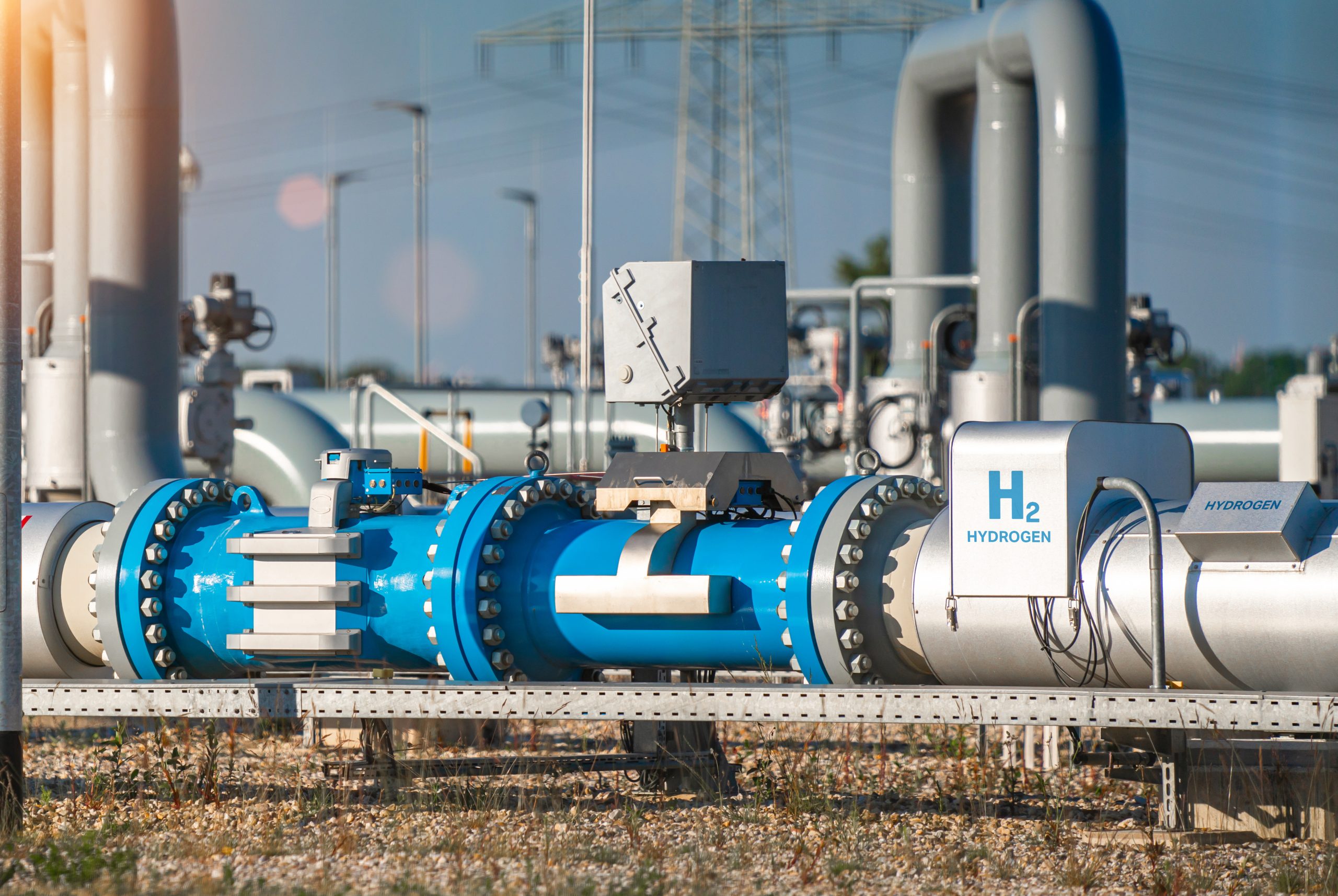How Can the UK Become a Leader in Hydrogen Aviation?

The Hydrogen in Aviation (HIA) alliance is calling for a comprehensive industrial strategy for aviation to ensure the UK is a global leader in the development of hydrogen aviation.
Its latest ‘Launching Hydrogen-Powered Aviation’ report sets out how to ensure the country has the right conditions for the technological development, regulation, infrastructure, financial framework and hydrogen supply that will be needed for hydrogen aviation.
HIA’s goal is to ensure hydrogen-powered flights become a reality to help preserve the huge social and economic benefits that aviation brings.
The HIA recommends that a well-developed network of hydrogen-ready airports is created
Established by easyJet, Rolls-Royce, Airbus, Ørsted, GKN Aerospace, Bristol Airport and ZeroAvia, the HIA has released the Milestone Delivery Report to address the changes needed in the short, medium and long-term.
The report first recommends that measures are taken to support the transition from research to development and industrialisation of propulsion and flight technologies in the UK.
It then has recommended that the Civil Aviation Authority (CAA) is appropriately resourced and funded with the capacity to lead on certification, standard-setting, and new regulation – working in coordination with other bodies and the academic community.
Other recommendations include the creation of a well-developed network of “hydrogen-ready” airports in the UK and overseas, the government to provide the necessary support and incentives needed to address the transition costs and infrastructure investment challenges, and the scale-up of both hydrogen production capacity and renewable power, carbon capture and low-carbon hydrogen generation to ensure aviation can decarbonise.
Finally, the last recommendation is that government and industry must work together to equip the UK’s workforce with the appropriate skills and ensure industry-readiness to support the transition to new technology.
Hydrogen-powered aircrafts will be crucial to decarbonising the sector
Johan Lundgren, CEO of easyJet and first Chair of HIA, said: “It’s without doubt that the UK is well placed to be a global leader in hydrogen – but the opportunity will be gone if we do not act now to build on all the great work that has already been done.
“The breakthroughs in hydrogen-powered technology happening across the UK are truly astonishing but these advances will be inconsequential if we fail to complement them with the appropriate skills, infrastructure, investment and regulation needed to support hydrogen aviation.”
Continuing, Johan added: “HIA’s Milestone Delivery Report outlines the critical steps and the timeframe needed to do this and if followed, not only will it create significant wealth, jobs and prosperity across industry and across the UK, it will be a vital component in decarbonising the aviation sector.”
By meeting the recommendations laid out by the HIA, the aviation industry in the UK has the potential to deliver net zero and help to create future jobs.
This is because the aviation sector is incredibly valuable to the UK’s economy, bringing in more than £22 billion directly to GDP, plus £34 billion from exporting aerospace components. It also directly employs over 230,000 people.
HIA believes hydrogen will be critical in securing these jobs into the future as zero-emission technology develops, and this will bring immense value to regions all over the UK.
East Midlands Hydrogen, the UK’s largest inland hydrogen cluster estimates its future hydrogen network could support up to 110,000 jobs in just the East Midlands alone, showing the potential that hydrogen has in terms of job creation.
As well as preserving an industry that is a key part of our economy, HIA maintains hydrogen could generate an additional £34 billion for the UK every year.
A skilled workforce is needed to see commercial hydrogen flights become a reality
Dave Lees, CEO of Bristol Airport revealed the importance of seeing the UK become a global leader in hydrogen-powered aviation: “Having hydrogen refuelling infrastructure at airports, operated by a skilled workforce, is critical to the success of zero emissions flight.”
He added: “Leaders such as Bristol Airport stand ready to work with industry, government, and regulators to begin the first commercial hydrogen flights within this decade.”
We can play our part to support the UK to seize the economic and social opportunities of zero-emission flight.
Having a clear plan and government vision will be fundamental in seeing the UK become a global leader in the development of hydrogen aviation. This will also be key in helping to decarbonise the industry and support the roll-out of hydrogen transport across the country.

